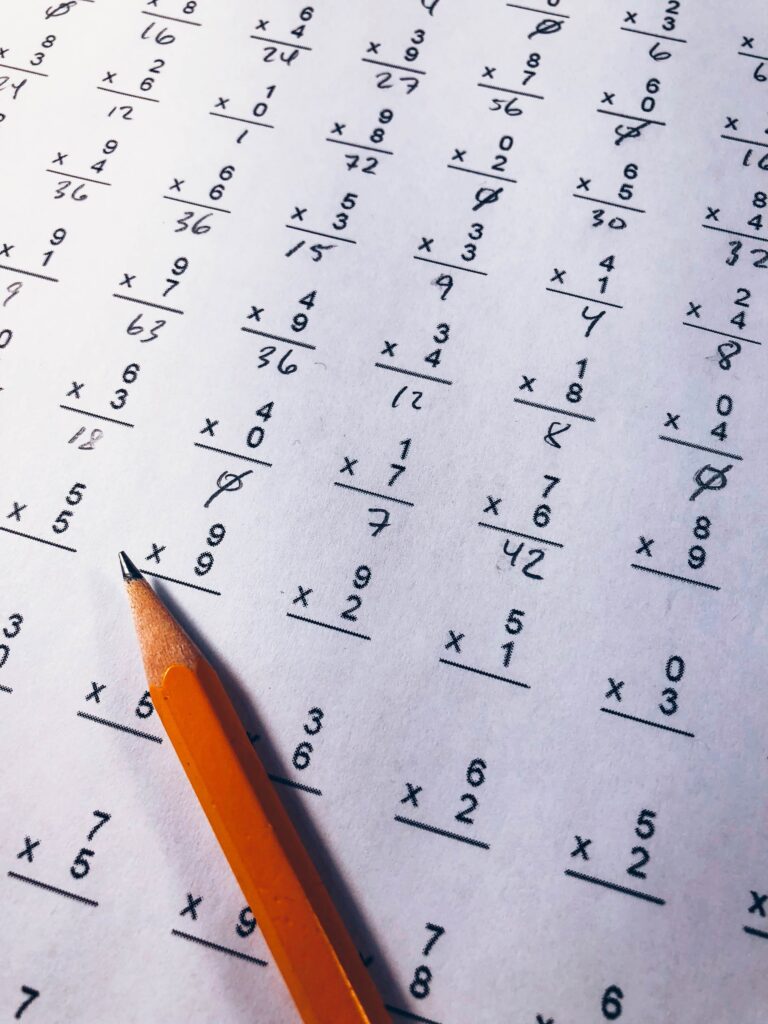As we go through life, we tend to accumulate a treasure trove of memories – from our childhood, our first love, our favorite meals, and even mundane everyday events. These memories define who we are and are integral to our sense of self. But what happens when these memories start to fade away? This is the reality for those suffering from dementia, a progressive neurological disorder that affects memory and cognitive function. But what exactly is the science behind memory loss in dementia?
To understand this, we must first look at the brain and how it functions. The brain is made up of millions of nerve cells called neurons, which communicate with each other through electrical and chemical signals. These neurons are responsible for processing, storing, and retrieving information, which forms our memories.
In individuals with dementia, these neurons become damaged and die off, leading to a decline in cognitive function and memory loss. The most common form of dementia is Alzheimer’s disease, accounting for 60-80% of cases. Other forms include vascular dementia, Lewy body dementia, and frontotemporal dementia.
The exact cause of dementia is still not fully understood, but research has shown that it may be a combination of genetic, environmental, and lifestyle factors. For example, people with a family history of dementia are more likely to develop the condition themselves. Additionally, conditions that affect blood flow to the brain, such as high blood pressure or diabetes, can increase the risk of developing dementia.
Now, let’s dive deeper into the different types of dementia and how they affect memory. In Alzheimer’s disease, there is a buildup of two abnormal proteins in the brain – amyloid plaques and tau tangles. These disrupt communication between neurons and eventually cause them to die off. As a result, the affected individual may experience difficulty in forming new memories and recalling old ones.
Vascular dementia, on the other hand, is caused by decreased blood flow to the brain, which can be due to a stroke or other conditions that affect blood vessels. This can lead to memory loss, especially in the areas of the brain that have been affected by the reduced blood flow.
Lewy body dementia is characterized by the presence of abnormal structures called Lewy bodies in the brain. These can affect memory, thinking, and movement, and are often accompanied by visual hallucinations and changes in mood.
Frontotemporal dementia primarily affects the frontal and temporal lobes of the brain, which are responsible for personality, behavior, and language. As these areas become damaged, individuals may experience changes in their personality, difficulty with language, and memory loss.
While each form of dementia has its distinct characteristics, they all share the common feature of memory loss. As the disease progresses and more neurons die off, the ability to form new memories and retrieve old ones becomes increasingly challenging. This can lead to confusion, disorientation, and a loss of sense of self for those with dementia.
So, what is happening in the brain during memory loss in dementia? Research has shown that apart from the physical changes in the brain, there are also chemical changes that contribute to memory loss. In a healthy brain, neurotransmitters – chemical messengers that help neurons communicate – are essential for forming and storing memories. However, in individuals with dementia, there is a decrease in these neurotransmitters, making it difficult for memories to be created and retrieved.
Another factor that plays a role in memory loss in dementia is inflammation. Inflammation is the body’s natural response to injury or infection. In the brain, chronic inflammation caused by the accumulation of abnormal proteins can damage neurons and disrupt their communication, leading to memory loss.
As we continue to unravel the science behind memory loss in dementia, researchers are working tirelessly to develop treatments and interventions to slow down or even prevent the progression of the disease. While there is currently no cure for dementia, there are medications that can help manage symptoms and improve quality of life.
In addition to medication, there are also non-pharmacological interventions such as cognitive stimulation therapy, reminiscence therapy, and music therapy that have shown promising results in improving memory and overall well-being in individuals with dementia.
In conclusion, memory loss in dementia is a complex phenomenon that involves both physical and chemical changes in the brain. As our understanding of the disease continues to grow, so does our hope for more effective treatments and potential cures. But until then, it is important to provide support and care for those living with dementia and their families and to spread awareness about this debilitating condition.





